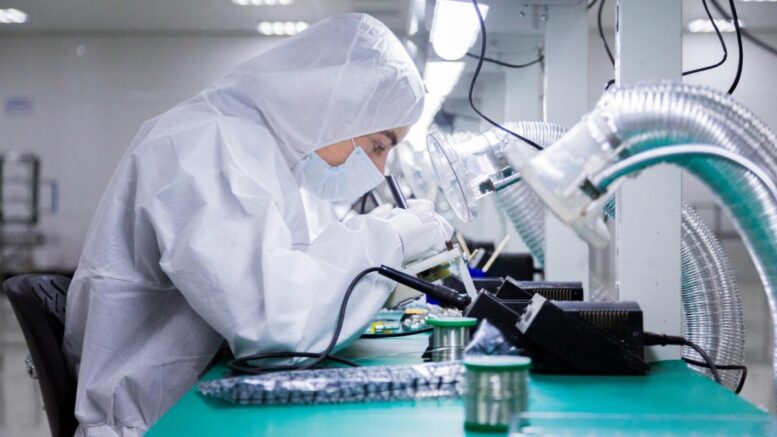Since May 26, 2021, any manufacturer producing medical devices or their components for the EU market is obliged to comply with the new legal framework of Regulation (EU) 2017/745, whereas on May 26, 2022, the transition period from Directive 90/385/EEC to Regulation (EU) 2017/746 will be over enforcing rules for in-vitro diagnostic devices. To comply with these regulations effectively, medical electronics manufacturing services (EMS) can pursue respective ISO certificates.
Concept of ISO certification
There are many types of ISO certificates including both generally applicable to different organisations and more industry-specific. Yet, all of the ISO standards that have to be met by a company to gain an ISO certificate do not determine any particular ways for manufacturing or providing services. They aim to create guidelines for persistent quality.
Thus, the ISO 13485 certificate for medical devices requires the introduction of effective quality and risk management systems for regulatory purposes, however, it does not specify what technology or materials have to be used by medical EMS providers and Original Equipment Manufacturers (OEMs) to produce a certain electronic device.
ISO 13485 and other standards for medical EMS
ISO 13485 is based on the commonly used ISO 9001 standards for quality management systems, however, the standards for medical devices are broader and more focused on the specificity of the industry.
ISO 13485 has more stringent requirements for data and documentation supervision as well as systems for product monitoring after its release. Furthermore, it enforces environmental standards. For that reason, it is a recommended strategy for the providers of medical electronics manufacturing services to obtain the ISO 14001 certificate for environmental management systems as well.
Some contract electronics manufacturers, for example, Polish-based Assel also invest in a business continuity management system to comply with the standards of ISO 22301 for more efficient risk identification and maintenance procedures.
Medical electronics manufacturing services with ISO standards
Co-operation with a contract electronics manufacturer possessing ISO standards applicable to medical EMS guarantees this part of the original equipment will meet the EU regulations.
Such providers of medical electronics manufacturing services maintain all of the necessary documentation regarding the quality control of manufacturing processes and traceability of such processes and materials. They are efficient in project supervision and risk management and aim to improve their services even more.
Conclusion
The safest way to launch a medical device in the EU is by outsourcing its manufacturing to a provider of medical EMS that possesses related ISO standards, especially ISO 13485.
